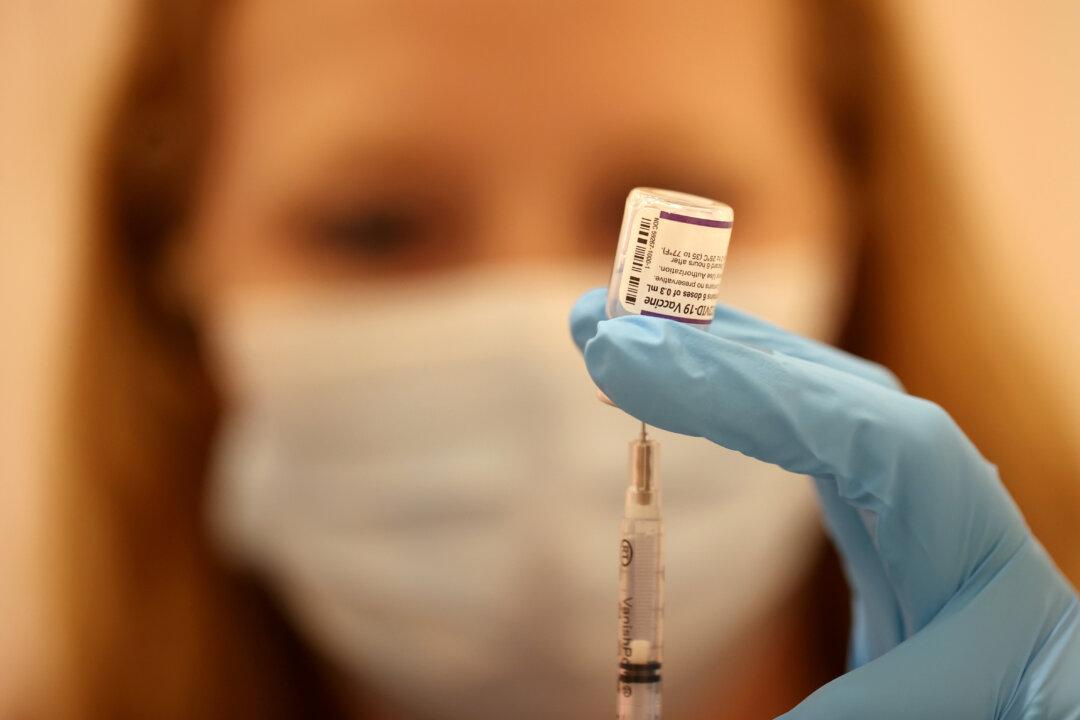A majority of U.S. adults will not get the updated COVID-19 booster shots soon, according to a new survey.
Just 5 percent of those surveyed said they’ve already received a booster and 27 percent said they will get one as soon as possible.

A majority of U.S. adults will not get the updated COVID-19 booster shots soon, according to a new survey.
Just 5 percent of those surveyed said they’ve already received a booster and 27 percent said they will get one as soon as possible.